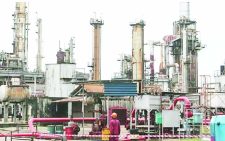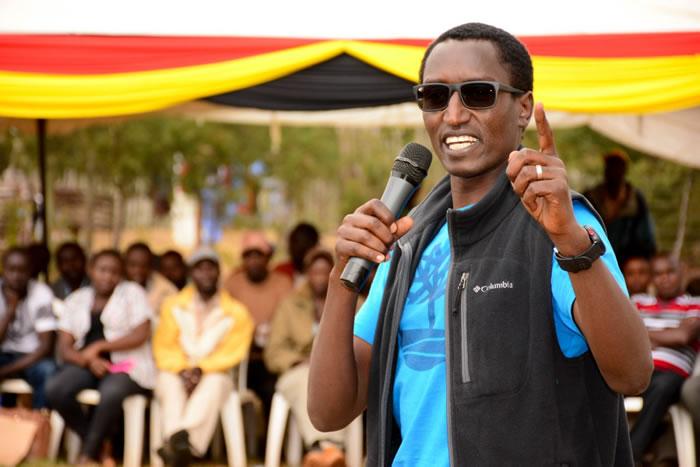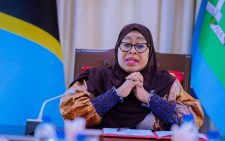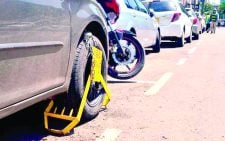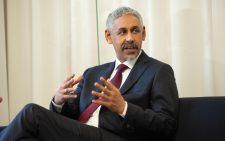State eyes private sector deal for cheap LPG after NOC fiasco

After pumping billions to fund cheaper LPG initiatives through the National Oil Corporation (NOC), the government seeks to revive its plan to distribute subsidized liquefied petroleum gas (LPG) cylinders to low-income households, shifting its strategy from the failed Mwananchi Gas project to a public-private partnership with oil marketing companies (OMCs).
Under the new initiative, the State plans to distribute 9.6 million 6-kg LPG cylinders to households, with selected OMCs matching each unit supplied by the government with their own. This would see the total number of cylinders issued rise as the government seeks to increase clean energy adoption and cut reliance on charcoal and kerosene.
Improved efficiency
Speaking about the deal, Energy and Petroleum Regulatory Authority (EPRA) Director-General Daniel Kiptoo noted that partnering with private players would improve distribution efficiency.
“This will allow them to leverage existing supply chains to distribute those cylinders,” Kiptoo said.
The move follows a 13.38 percent surge in LPG demand, with consumption reaching 414,861 tonnes in 2024, up from 360,593 tonnes the previous year. Failures of the Mwananchi Gas Project.
The decision to tap private sector players comes after the Mwananchi Gas project, launched in 2016, collapsed due to inefficiencies, accountability issues, and defective cylinders.
A government audit revealed that 149,773 LPG cylinders distributed through the initial project could not be accounted for as of June 2023. The same audit showed that the government had pumped Sh1.12 billion into the initiative, but 79,057 units were found to be faulty, leading to the program’s suspension in 2019.
NOC’s billions
“The items were lying at the warehouses rented by the Ministry and National Oil Corporation of Kenya,” Gathungu had reported. She revealed the Sh1,104,781,654 had been incurred for the purchase of LPG cylinders and accessories. The money was also spent on inspection of the cylinders, accessories and purchase of two-burner low pressure table-top cookers.
Treasury had allocated back in 2017 allocated Sh 2.2 billion for the three year-programme (2017-2019) and later increased the amount by more than Sh 700 million through a supplementary budget, pushing the total funding to Sh 3.1 billion.
The government is now banking on the participation of licensed OMCs to ensure better oversight and efficiency, avoiding the pitfalls of the previous rollout.
